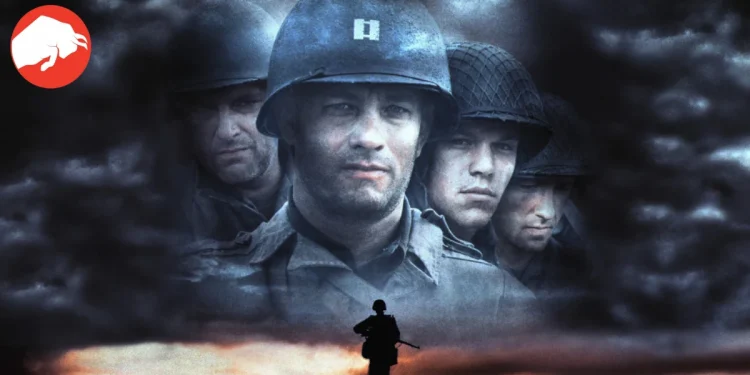Spielberg’s Journey into the Realities of War
When Steven Spielberg released “Saving Private Ryan” in 1998, he not only offered a new lens into World War II but also transformed how war films are portrayed in cinema. Unlike his earlier film “Schindler’s List,” which focused on the Holocaust, “Saving Private Ryan” delved deeply into the military aspects of the war, offering a raw and jarring reflection of the human condition under extreme circumstances.
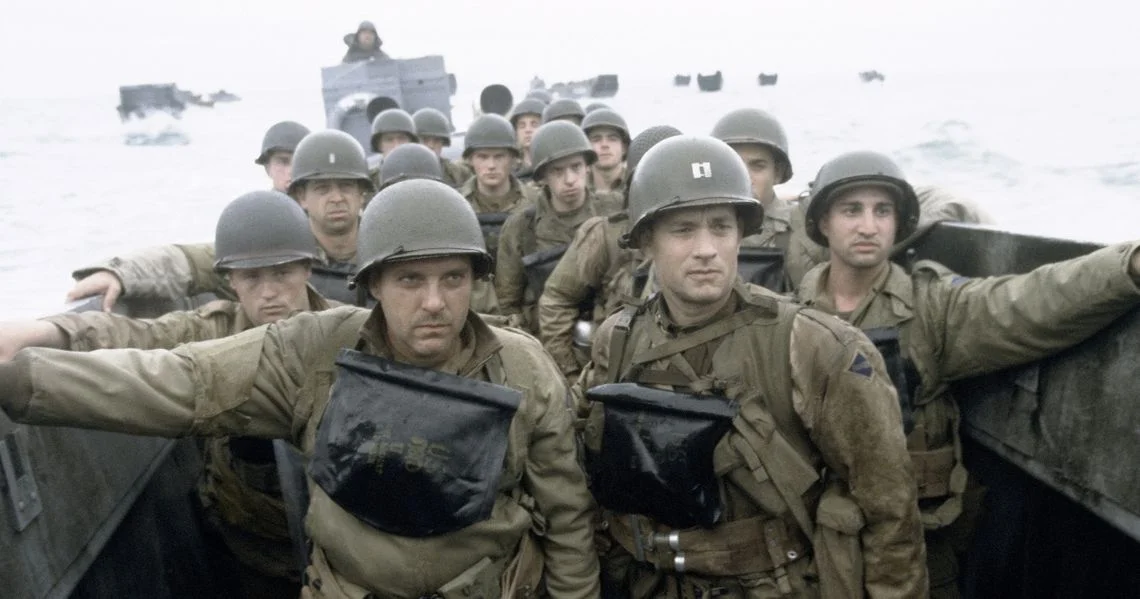
The Power of Realism in Depicting War
“Saving Private Ryan” is renowned for its intense realism, particularly in the infamous Omaha Beach scene. Spielberg’s use of first-person perspectives and masterful editing brought audiences directly onto the battlefield, immersing them in the chaotic and brutal nature of war. This approach challenged conventional depictions of conflict, focusing on the visceral, unfiltered experiences of soldiers.
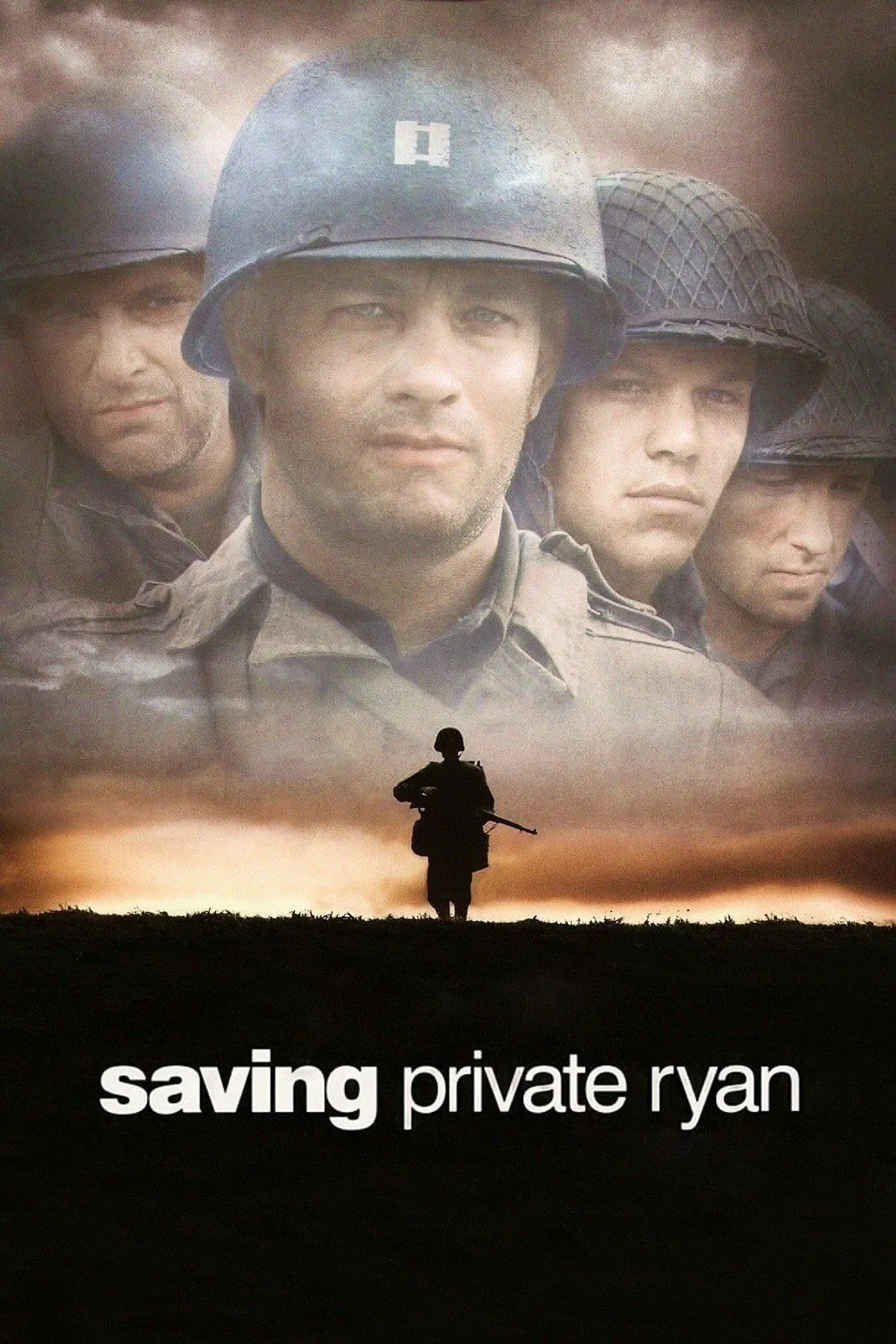
A Story of Honor and Humanity
The film follows Captain John H. Miller and his crew as they embark on a mission to find Private Ryan, the last surviving brother in a family that has lost three sons to the war. This quest, while strategically questionable, is driven by a sense of honor and the desire to spare a mother from losing all her sons. Spielberg’s narrative explores the complexities and moral dilemmas faced by soldiers, challenging conventional notions of heroism and valor in war.
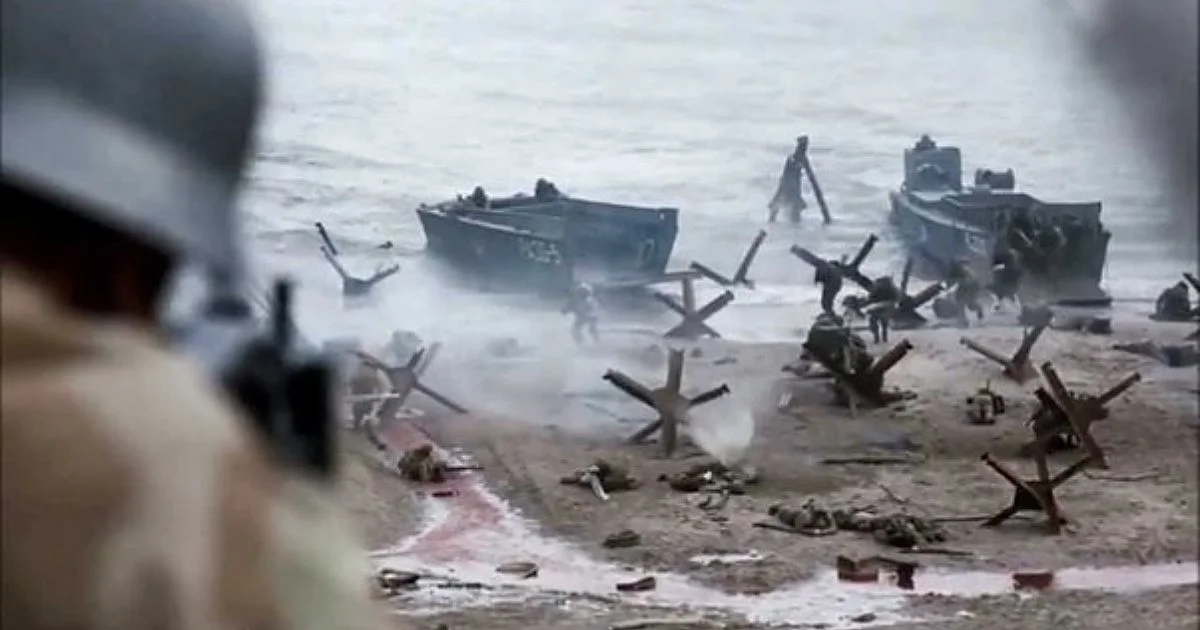
25 Years Later: Reflecting on Spielberg’s Masterpiece
On its 25th anniversary, “Saving Private Ryan” remains a landmark in war cinema, praised for its unflinching portrayal of combat and its emotional depth. Spielberg’s film questions the glorification of war, offering instead a poignant study of its traumatic impacts on the human psyche.
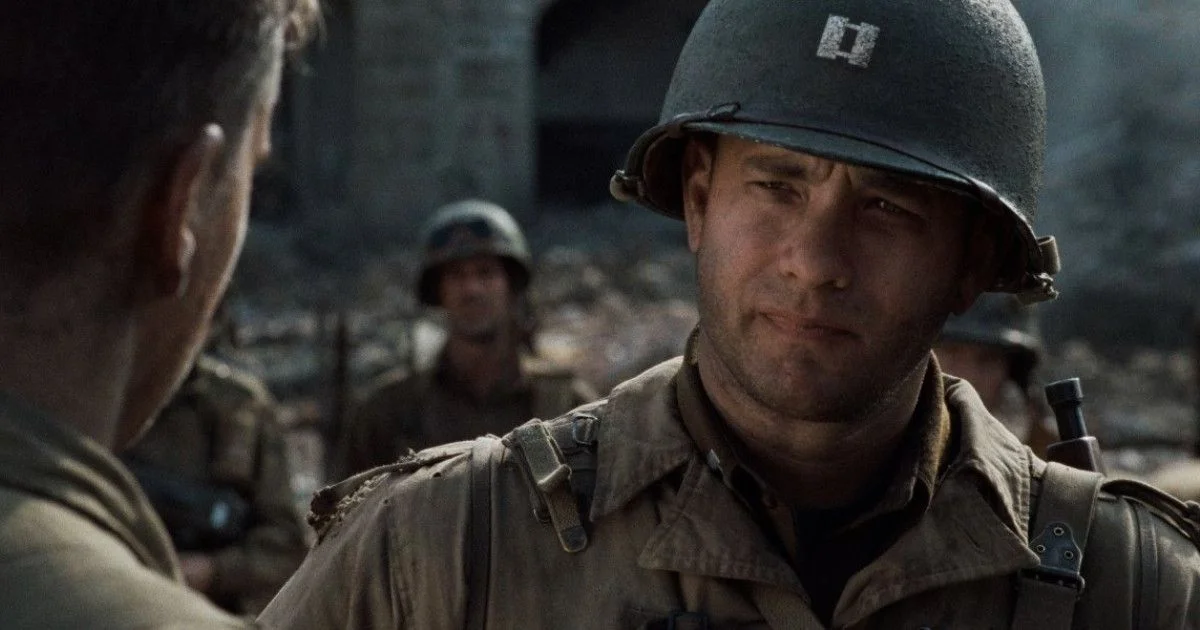
The Characters and Performances That Define ‘Saving Private Ryan’
The Ensemble Cast Bringing Depth to War
The film’s emotional resonance is significantly amplified by its stellar cast. Tom Hanks delivers one of the most memorable performances of his career as Captain Miller. The casting process, which focused on relatively unknown actors, allowed the audience to fully immerse themselves in the characters’ experiences, further enhanced by the actors’ participation in a rigorous military boot camp.
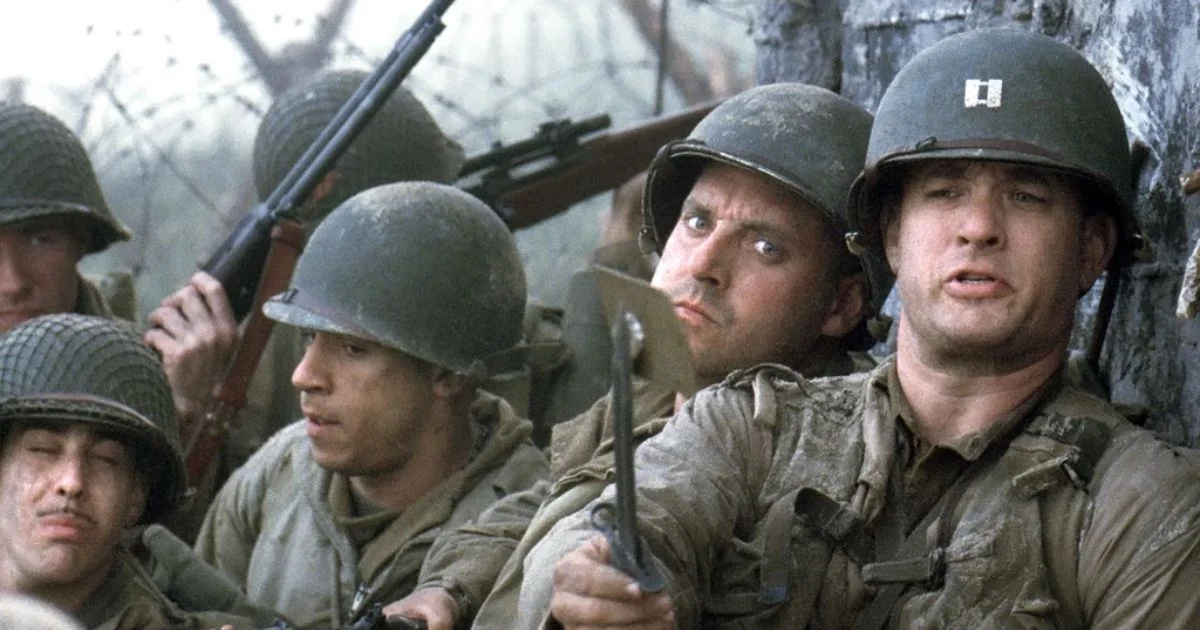
Spielberg’s Direction: A Testament to His Craft
Steven Spielberg‘s direction of “Saving Private Ryan” earned him an Oscar, a testament to his ability to create an immersive and impactful war film. The movie stands as a powerful document of war, unafraid to confront the brutal realities and the often animalistic nature of human responses in extreme situations.
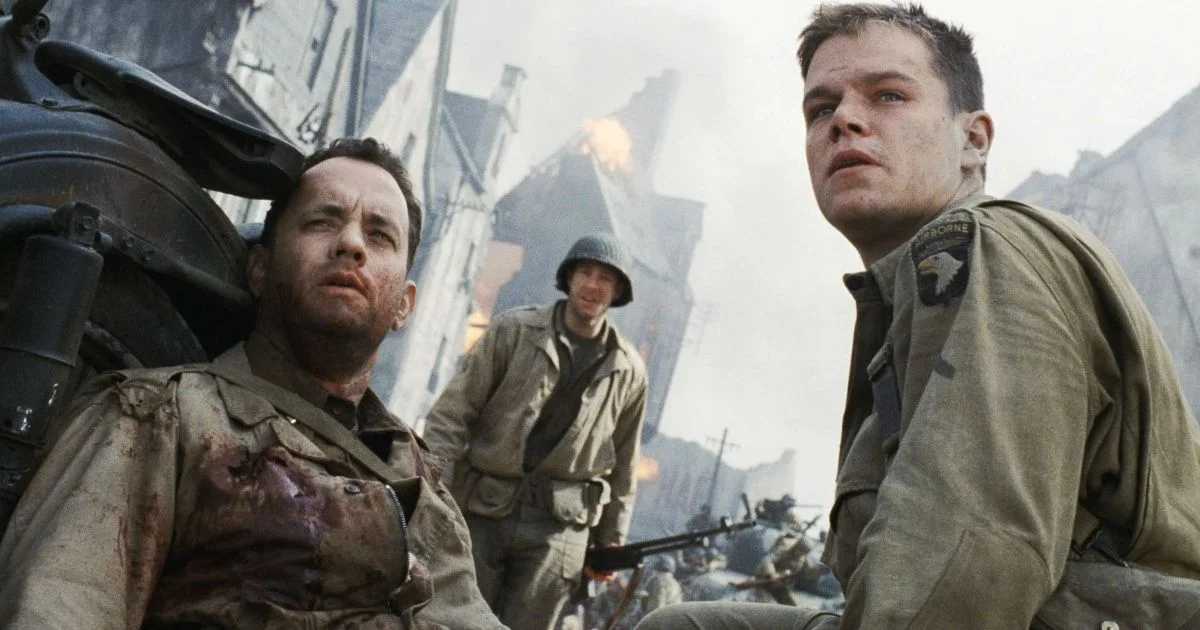
‘Saving Private Ryan’: A Pioneering War Film
Steven Spielberg’s “Saving Private Ryan” continues to be a touchstone in the genre of war films. Its ability to convey the stark reality of conflict, coupled with profound character studies, sets it apart in cinematic history. Spielberg challenged audiences to confront the brutal truths of war, making “Saving Private Ryan” not just a film about war, but a film about the essence of humanity amidst chaos. As it remains a potent and relevant piece of cinema, Spielberg’s masterpiece invites continual reflection on the nature of war and its impact on the human condition.


